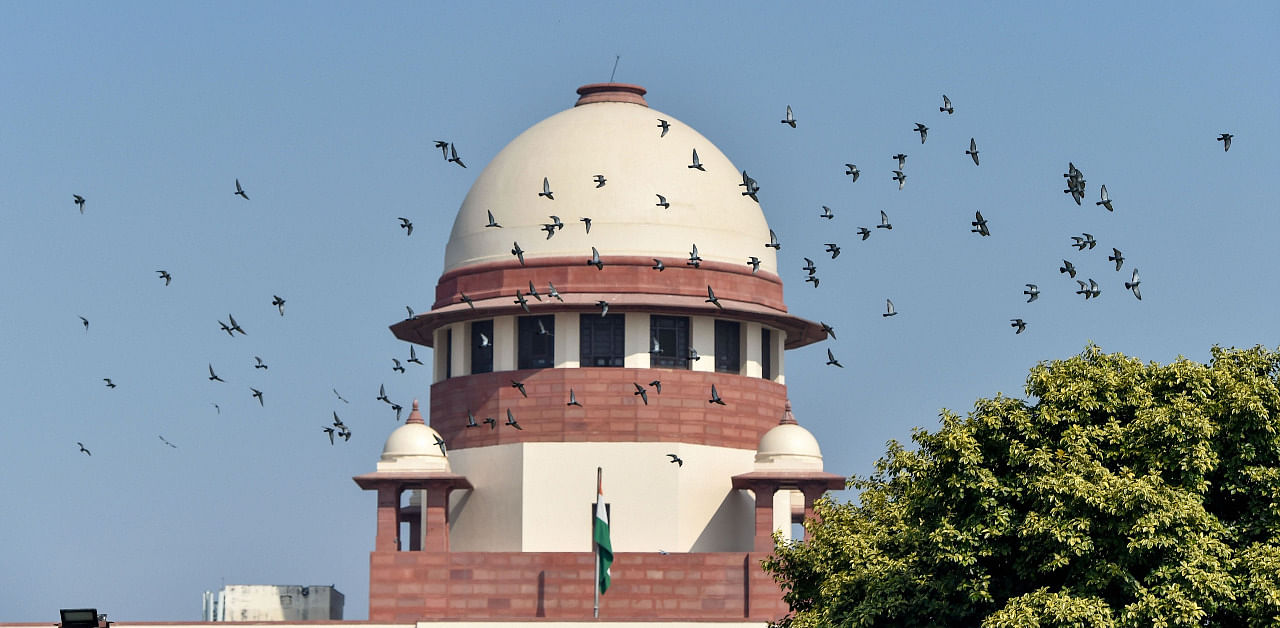
A PIL has been filed in the Supreme Court seeking directions to the Centre to formulate guidelines for identifying minority groups at the state level to ensure they get the benefit of the schemes meant for them.
The PIL filed by BJP leader and advocate Ashwini Kumar Upadhyay has also challenged the validity of Section 2(f) of the National Commission for Minority Education Institution Act 2004, for not only giving unbridled power to the Centre but also being manifestly arbitrary, irrational and offending.
The plea, filed through advocate Ashwani Kumar Dubey, said denial of benefits to the "real" minorities and arbitrary and unreasonable disbursements under schemes meant for them to the absolute majority, infringes upon the fundamental right under the Constitution.
"Direct and declare that followers of Judaism, Bahaism & Hinduism, who are minorities in Laddakh, Mizoram, Lakshdweep, Kashmir, Nagaland, Meghalaya, Arunachal Pradesh, Punjab and Manipur, can establish & administer educational institutions of their choice in spirit of the TMA Pai Ruling," the plea said.
The apex court in TMA Pai Foundation case held that the state is well within its rights to introduce a regulatory regime in the “national interest” to provide minority educational institutions with well-qualified teachers in order for them to “achieve excellence in education.”
Quoting Article 30 of the Constitution, the plea said that minorities whether based on religion or language shall have the right to establish-administer educational institutions of their choice.
"Rational basis of declaring certain religions as minority by Central government as they have less population in the States is contravened when benefits of schemes for minority are acquired by those religious minorities in states where they are in majority and those religious communities who are actually minorities are not been given equal status," the plea said.
The petition said that denial of minority rights to actual religious and linguistic minorities is a violation of right of minority enshrined under Articles 14 (equality before the law) and 21 (No person shall be deprived of his life or personal liberty except according to procedure established by law).